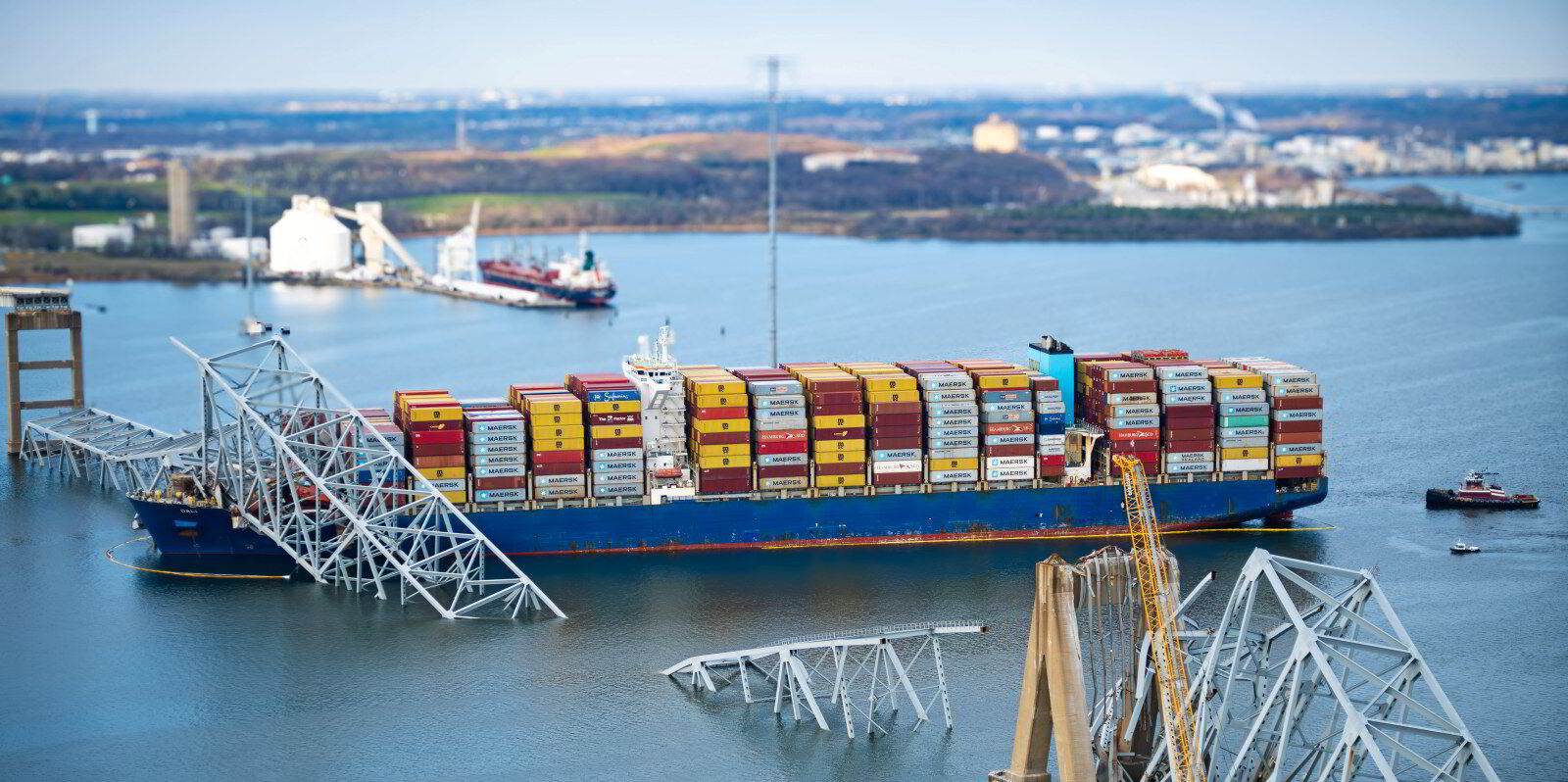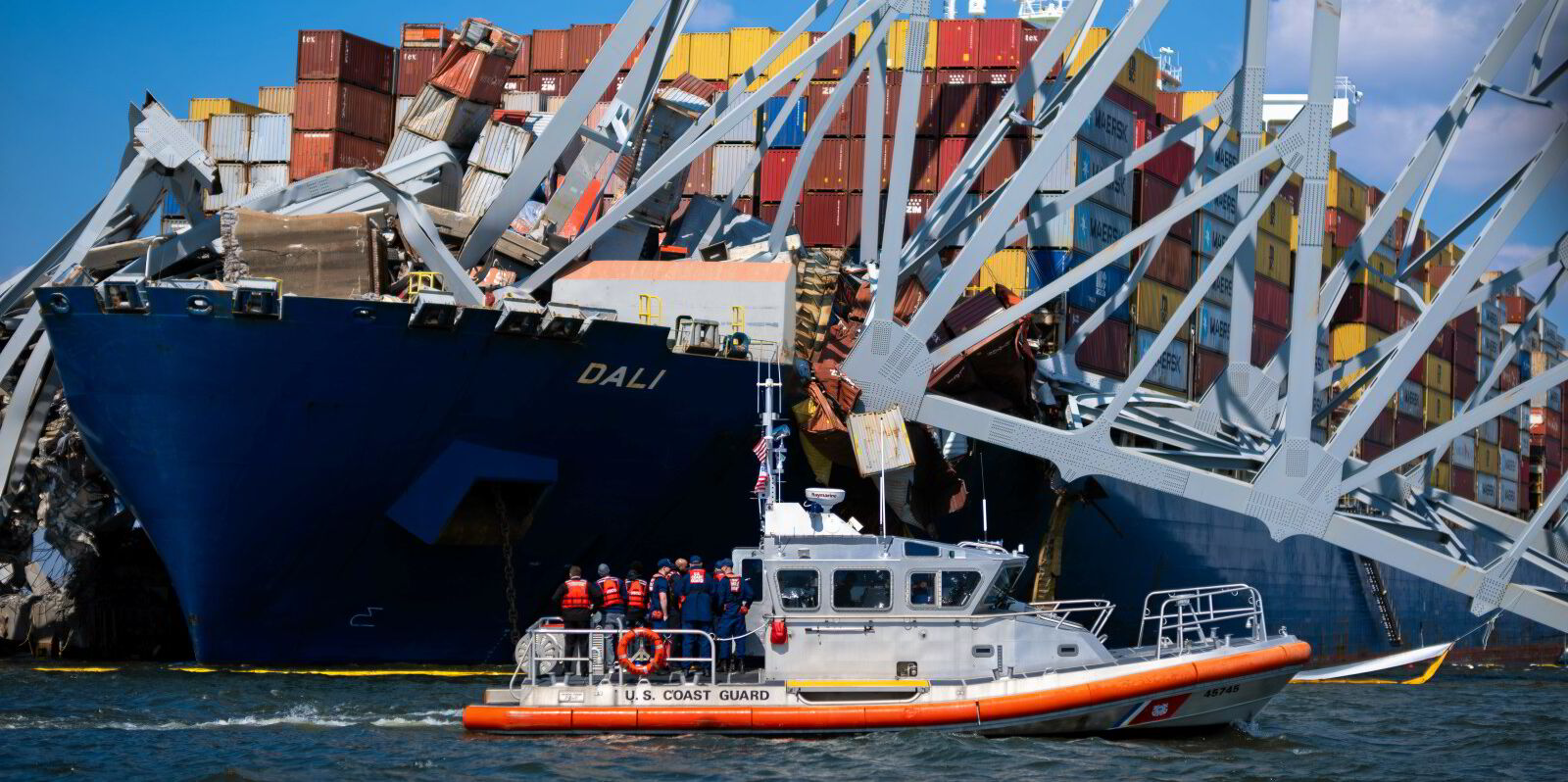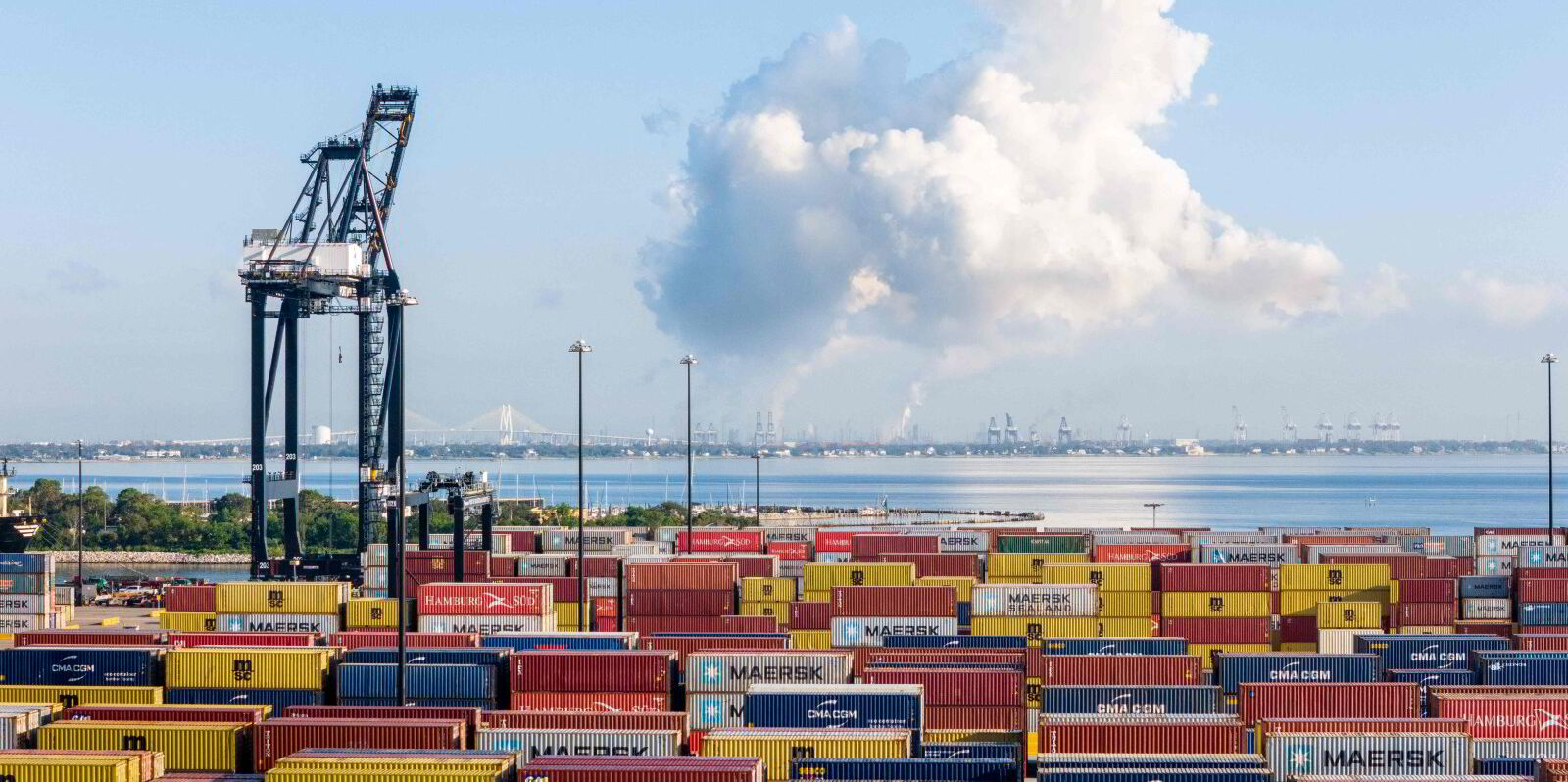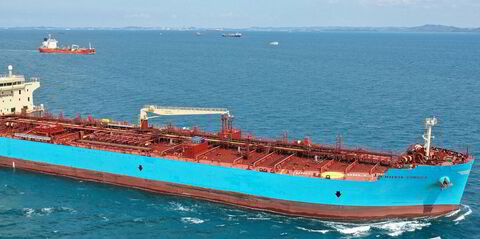Star Bulk Carriers and Navision Shipping have lodged claims in the case over the container ship that destroyed Baltimore’s Francis Scott Key Bridge, days after a filing by the US Justice Department raised the prospect of seeking economic losses under an oil pollution law.
The moves are part of the latest round of claims by state and local governments, shipping companies and local businesses that allegedly suffered economic losses in the casualty involving the 9,962-teu Dali (built 2015).
The new claims were filed as a deadline approached on Tuesday night in a case that began when Dali owner Grace Ocean and manager Synergy Marine asked a court to limit their liability to less than $44m. Claims now far exceed that amount.
Many of the new claims seek to recover economic damages that are typically not allowed in such limitation-of-liability cases.
But as TradeWinds reported last week, the US government’s claim for $103m included some damages under the Oil Pollution Act of 1990, the law that was enacted in response to the massive 1989 Exxon Valdez oil spill and that allows for parties to pursue economic losses.
The US opened the door, and Star Bulk’s and Navision’s lawyers walked right through it.
A unit of the New York-listed Star Bulk filed a claim against Singapore-based Grace Ocean and Synergy for the losses it suffered when its 176,000-dwt Star Triumph (built 2004) could not reach the port of Baltimore to pick up a coal cargo bound for India.
The Petros Pappas-led company’s lawyers wrote that the bulker owner suffered $756,000 in damages after its charterer declared force majeure.
Negligence and OPA 90 claims
The shipowner’s lawyers — led by David Williams at Gorman & Williams and Robert O’Connor at Montgomery McCracken Walker & Rhoads — accused Synergy and Grace Ocean of negligence.
And a second count in the lawsuit invoked the Oil Pollution Act, referred to by lawyers as OPA 90.

“Upon information and belief, the Dali posed a substantial threat of a discharge of oil into navigable waters, because it carried 1.8m gallons of oil, and it grounded above a natural gas pipeline,” they wrote.
That language mirrors the wording of Justice Department lawyers, who said in their claim that a substantial threat of pollution is sufficient for the Oil Pollution Act to come into play.
The same legal team filed a claim on behalf of Navision, a Danish bulker operator that had a charter on Precious Shipping’s 35,900-dwt Phgatra Naree (built 2017).
That vessel was stuck inside Baltimore Harbor after the Dali incident, leading to damages of $462,000. The operator alleged nuisance and public nuisance in a claim that also invoked the Oil Pollution Act.
Typically, US casualty cases are governed by a 1927 Supreme Court case known as Robins Dry Dock.
In that case, the nation’s highest court ruled that only claimants that have suffered physical damage can make claims for economic damages — a situation that would have ruled out claims like those of Star Bulk and Navision.
Social media hint
But even before filing the claim on behalf of the two bulker players, Montgomery McCracken’s O’Connor hinted at the potential for the Oil Pollution Act to serve as a way around Robins Dry Dock.
“The inclusion of a count under the Oil Pollution Act of 1990 is significant because — unlike the Robins Dry Dock doctrine — OPA 90 allows recovery of economic damages,” he said on LinkedIn.
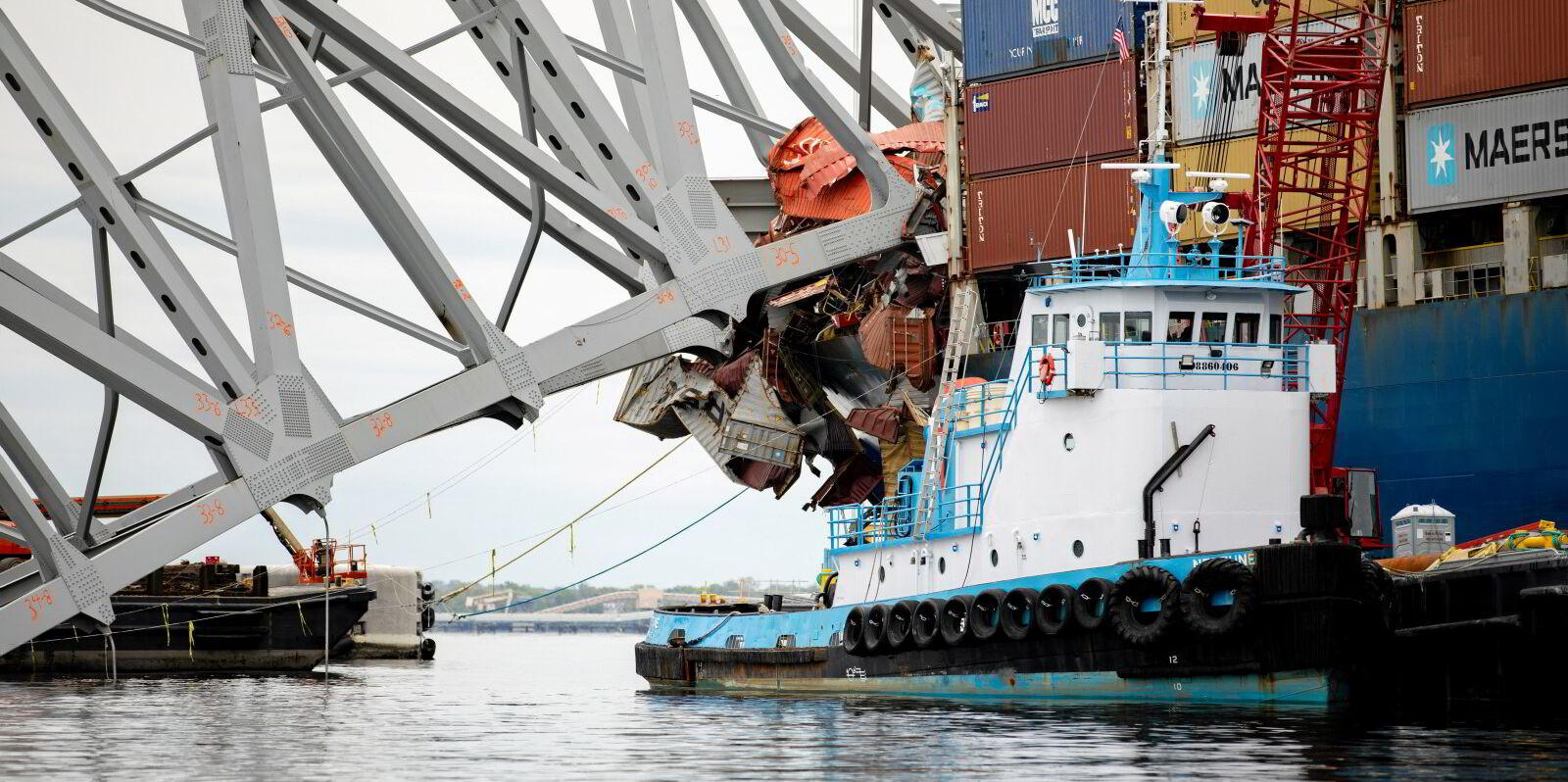
Darrell Wilson, a spokesman for Synergy and Grace Ocean, told TradeWinds that the latest round of claims was anticipated given Tuesday’s deadline to submit them.
“The owner and manager will have no further comment on the merits of any claim at this time, but we do look forward to our day in court to set the record straight,” he said.
Other recent claims are also seeking economic damages.
Maryland lawyer Todd Lochner filed a class action claim on behalf of businesses that suffered economic damages as a result of the Francis Scott Key Bridge collapse.
Lochner, who filed the very first claim in the Dali case, turns to a different law: the Comprehensive Environmental Response, Compensation and Liability Act.
Also referred to as CERCLA, the law is best known for governing hazardous waste clean-up.
Lochner said that the Robins Dry Dock bar on claims for economic damages alone does not apply to “intentional or reckless acts” in marine casualty cases.
“In this case, the petitioners instructed their crew to intentionally disregard the grossly unsafe condition of their ship and recklessly leave port knowing that the bridge was the largest obstacle bracketing the narrow channel,” he wrote.
Local and state governments have also lodged claims in the Dali case, including a filing by Maryland that also invokes CERCLA.
The case is before district judge James Bredar of the Baltimore-based US District Court for the District of Maryland.
